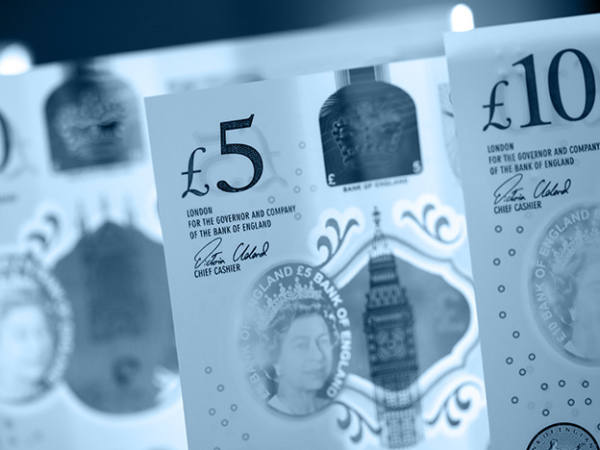- The three prime reasons income investing remains a good strategy
- Long-term attributes to look for
- Why UK banks are to be avoided in spite of rising interest rates
There’s a difference between insider trading (which typically involves obtaining information unfairly ahead of the rest of the market from a contact inside a company, and is illegal) and knowing smart institutional investors who work within the system and can lend the benefits of their general experience. Our newest contributor to Investors’ Chronicle Alpha has asked to remain anonymous as they still work in the industry, but they’re helping us with some cogent analysis of companies that should be on income investors’ radar - and some companies with tempting yields that ought to be side-stepped.
Our secret institutional buy-side investor, with experience of UK, European and US equity and derivatives markets, runs the rule over three companies for income investing strategies - JN
The dividend investor - by our Secret Buy-sider
The dividend investor is someone who should be trying to identify companies that can maintain or grow their dividend through the economic cycle. They should focus their attention on finding businesses with some GDP type linked growth, pricing power and a generous capital return profile.
Those who follow dividend strategies should, in my view, do it for three primary reasons:
1. A belief it promotes a strong capital allocation framework within a business – if you commit to pay out a growing cash-flow each year you better make sure your internal investments are going to increase the cashflow pie; or to flip the sentiment, if I only have a limited amount of cash to invest each year, I better pick the highest returning projects. You also need to worry less about a rogue management team blowing all the cash on vanity growth projects that can destroy a significant amount of shareholder value.
2. A requirement for a steadily growing income – dividend paying companies will provide the holder with a steady (and hopefully growing) income through tough economic times, preventing them from having to sell down their principle to fund their liabilities. In theory there should be no corporate valuation difference between a company earning £100mn and using it to do buybacks, pay down debt, reinvest in the business or pay a dividend but in practice there is. Investors value certainty. A strong dividend track record through economic cycles is the closest to certainty an equity investor can get. The psychological separation of income and capital is powerful and although not strictly rational can help an investor stay the course when the going gets tough.
3. It suits your world view. A subject not talked about often in the financial theory books; but having a strategy that allows you to psychologically deal with the ups and downs of the market is more important than having the most optimal investment strategy. This is no less obvious when the famous money manager Peter Lynch who managed the Fidelity Magellan Fund from 1977-1990, compounded returns at 29 per cent but Fidelity reported that the average investor lost money in the fund. It was the right strategy for the wrong people. To make money, or at least not lose money in the markets you must be able to stay the course when your world view is challenged. Like dieting or exercising, the best investment strategy is the one that you’re able to stick to.
Prevailing market conditions
It is becoming increasingly likely that we are in, or fast approaching, tough economic times where individual investor psychology and steel are tested. Whatever your political leanings, the recent UK ‘mini’ budget is causing significant price action in the sterling and gilt markets.
This price action has consequences and will feed into the real world through either: a continued devaluation of sterling and increased inflation or a rapid increase in interest rates to shore up sterling and pare back the inflationary pressures in the UK economy. History suggests rate hikes are the better course, but the UK has a recent habit of surprising markets (Brexit vote, Brexit day, this budget) negatively.
It is against this economic uncertainty and the above philosophy that I pick out British American Tobacco (BATS), Unilever (ULVR) and Tesco (TSCO) as three attractive long term UK dividend investments from the Investors’ Chronicle dividend screen and discuss why you should avoid the UK domestic banks.
Download PDF








